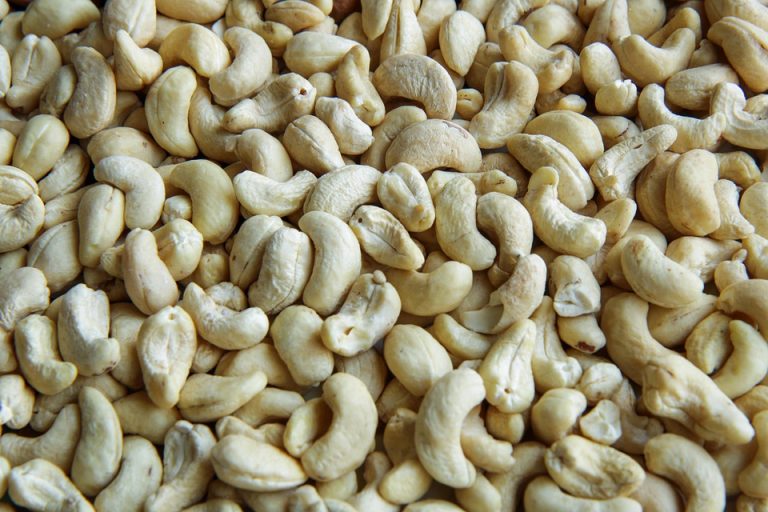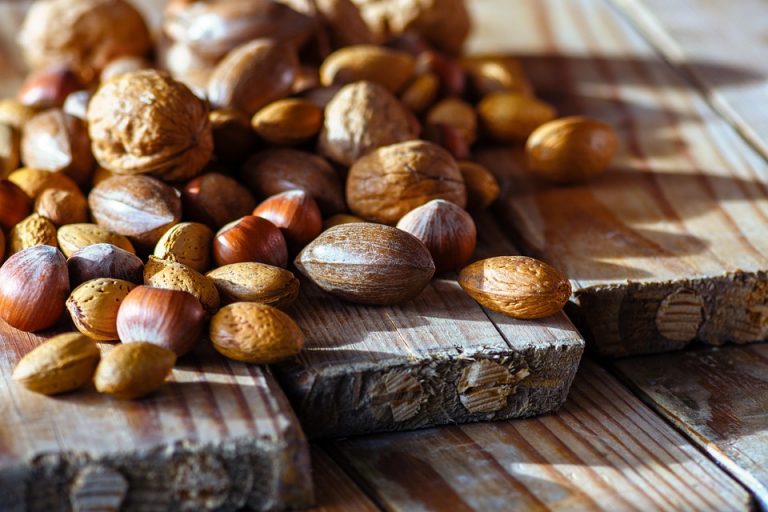A plant-based whole food diet can transform your life in ways you might not expect. Imagine stepping into a world where vibrant health, energy, and joy are at your fingertips. This isn’t just about what you eat; it’s about embracing a lifestyle that nourishes your body and soul.
Contents
What is a Plant-Based Whole Food Diet?
At its core, a plant-based whole food diet focuses on consuming foods that are minimally processed and derived primarily from plants. Think fruits, vegetables, whole grains, legumes, nuts, and seeds. It’s not just a diet; it’s a philosophy that prioritizes whole, nutrient-rich foods over refined and artificial options.
This approach isn’t merely a trend; it’s a movement that empowers you to take control of your health. Why does it matter? Because every bite has the potential to fuel your body, uplift your mood, and even extend your life.
1. Enhanced Heart Health
One of the most significant benefits of a plant-based whole food diet is its profound impact on heart health. Studies show that a diet rich in fruits, vegetables, and whole grains can lower cholesterol levels, reduce blood pressure, and decrease the risk of heart disease.
- Rich in Fiber: The fiber from plant foods helps remove bad cholesterol from your body.
- Anti-Inflammatory Effects: Many plant-based foods, like berries and leafy greens, have anti-inflammatory properties that keep your heart in check.
The American Heart Association emphasizes that a diet emphasizing whole foods can significantly enhance cardiovascular health.
2. Weight Management Made Easy
Struggling with weight? A plant-based whole food diet might just be the solution you’ve been searching for. When you fill your plate with whole, nutrient-dense foods, you naturally consume fewer calories while feeling fuller.
- Low-Calorie Density: Foods like vegetables and fruits are low in calories yet high in volume, allowing you to eat a satisfying amount without overindulging.
- Balanced Nutrients: This approach ensures you’re getting the right balance of proteins, fats, and carbohydrates, making it easier to maintain a healthy weight.
Research from the Journal of the American College of Nutrition indicates that individuals following plant-based diets tend to have lower body mass indexes (BMIs) and reduced body fat.
3. Increased Energy Levels
Tired of feeling sluggish? A plant-based whole food diet can be your ticket to boundless energy. By fueling your body with whole foods, you’re providing it with the nutrients it craves.
- Stabilized Blood Sugar: Whole grains and legumes help maintain steady blood sugar levels, preventing those dreaded energy crashes.
- Essential Vitamins and Minerals: Nutrient-dense foods supply your body with the vitamins and minerals needed for optimal energy production.
Many people report feeling more energetic and focused after switching to a plant-based diet. Imagine waking up each day feeling revitalized and ready to tackle your goals!
4. Improved Digestive Health
Your gut is your second brain, and what you eat plays a pivotal role in its health. A plant-based whole food diet is rich in fiber, which supports digestive health in several ways.
- Promotes Healthy Bacteria: Fiber acts as a prebiotic, feeding the good bacteria in your gut.
- Regular Bowel Movements: Increased fiber intake can help prevent constipation.
The World Health Organization recommends a diet high in fiber for reducing the risk of gastrointestinal disorders. By choosing whole foods, you’re not just feeding your body; you’re nurturing your gut health.
5. Better Mood and Mental Clarity
Did you know your diet can affect your mood? Research shows that a plant-based whole food diet can lead to improved mental well-being.
- Nutrient-Rich Foods: Foods like leafy greens and nuts are packed with nutrients that support brain health, such as omega-3 fatty acids and antioxidants.
- Reduced Stress: The anti-inflammatory properties of many plant-based foods can help lower stress levels, leading to a more positive outlook.
A study published in Nutritional Neuroscience found that individuals on plant-based diets reported fewer symptoms of anxiety and depression. Imagine feeling lighter, happier, and more centered just by changing what’s on your plate.
6. Environmental Impact
Choosing a plant-based whole food diet isn’t just a gift to your body; it’s a gift to the planet. The environmental benefits are profound, and you can feel good knowing your choices matter.
- Lower Carbon Footprint: Plant-based diets generally have a lower environmental impact compared to meat-heavy diets.
- Resource Efficiency: Producing plant-based foods requires less water and land than raising livestock.
Organizations like the Food and Agriculture Organization of the United Nations highlight the importance of plant-based diets in combatting climate change. By choosing whole foods, you’re making a statement that echoes beyond your kitchen.
7. Longevity and Disease Prevention
Want to live longer? A plant-based whole food diet can be your ally in promoting longevity. Research consistently shows that those who embrace plant-based eating patterns have a lower risk of chronic diseases.
- Lower Risk of Chronic Conditions: Diets rich in whole foods can decrease the risk of conditions like diabetes, certain cancers, and heart disease.
- Healthy Aging: Nutrient-dense foods contribute to better overall health as you age, promoting vitality and longevity.
The Blue Zones research, which studies the diets of the longest-lived populations, reveals that plant-based diets are common among those who live to age 100 and beyond.
Bottom Line
A plant-based whole food diet isn’t just about what you eliminate; it’s about what you gain. Imagine a life filled with energy, joy, and well-being—all from the simple act of choosing the right foods.
This is your invitation to embrace a transformative lifestyle. Start small; swap out one meal a day for a plant-based option, and watch how it changes your life. Your body and the planet will thank you.
FAQ
Q: Do I have to give up meat completely?
A: Not at all! You can start by incorporating more plant-based meals into your diet. Every little bit counts.
Q: Will I get enough protein on a plant-based diet?
A: Absolutely! Foods like lentils, chickpeas, quinoa, and nuts are excellent sources of protein.
Q: Is a plant-based diet expensive?
A: It can be cost-effective! Focus on whole grains, seasonal vegetables, and legumes to keep expenses down.
Transform your health and uplift your spirit with the remarkable benefits of a plant-based whole food diet. You’ve got this!
Get Your FREE Natural Health Guide!
Subscribe now and receive our exclusive ebook packed with natural health tips, practical wellness advice, and easy lifestyle changes, delivered straight to your inbox.




